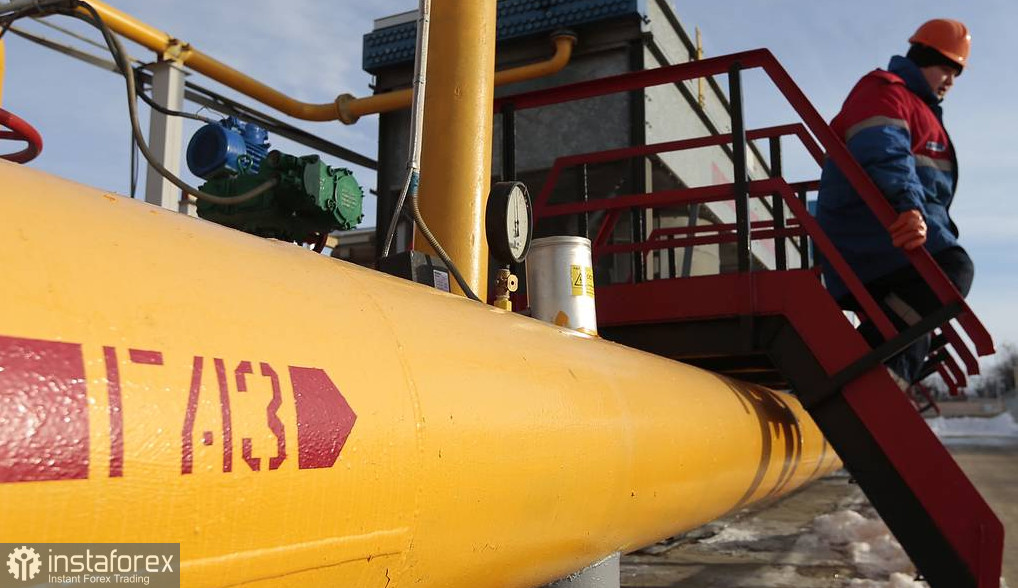The energy ministers of the G-7 countries made a decision on the Kremlin's demands for LNG payments in rubles. On Monday, after talks with his counterparts, German representative Robert Habeck made a statement on behalf of the entire seven that these countries had rejected the demands of President Vladimir Putin to pay for Russian gas in the national currency of the Russian Federation.
The G7 countries rejected the possibility of paying for gas in rubles
"All G7 ministers agreed that this is a unilateral and clear violation of existing contracts," German Economy and Climate Minister Robert Habeck said in an interview that took place immediately after a virtual conference with G7 energy ministers.
The minister stressed that "contracts signed are valid and companies must comply with them." Payment in rubles remains unacceptable.
In addition, the minister separately appealed to national and international companies not to make concessions to the Kremlin.
"Putin's attempt to divide us is obvious, but ... we will not be divided," he summed up his speech.
Well, it seems that the legal force of the treaties takes precedence over the sanctions turbulence. Taking into account the fact that further sanctions in the form of fines follow for refusing to fulfill the terms of LNG supply contracts, it may not be profitable for Moscow to insist on its own.
Due to the fact that now a large amount of the Russian foreign exchange reserve is immobilized in foreign banking institutions, it will be easier than ever to collect the amount of fines. Taking into account the penalties under the agreements, gas from Russia will end up being cheaper for Europe than the Kremlin expects, once again dealing a blow to the national economy.
However, there is a high probability that Moscow will not heed the arguments of reason and will continue to escalate oil and gas disputes - up to a complete break in relations.
This is a highly undesirable option for all participants in gas deals, but it seems that the Kremlin is not going to stop halfway.






















